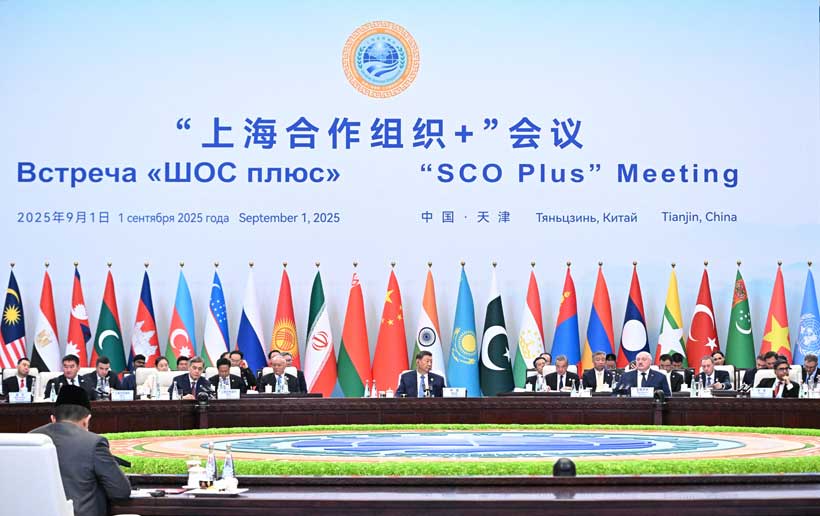
Zhang Wenzong, Associate Research Fellow, CICIR
Sep 12, 2025
It should not be difficult for politicians of insight to choose between joining hands to build a community with a shared future for mankind or becoming powerful countries’ pawns to fight and exhaust one another.
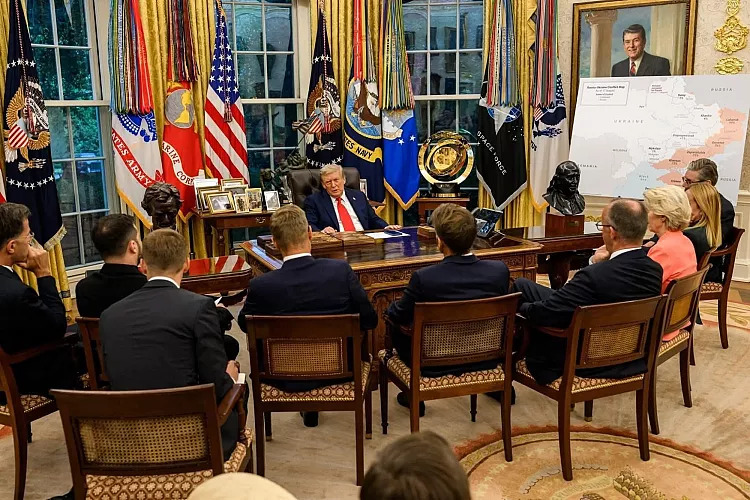
Dong Yifan, Associate Research Fellow, Belt and Road Academy of Beijing Language and Culture University
Aug 22, 2025
The European Union’s ongoing pursuit of an economy-first strategy continues to encounter significant obstacles, especially the erosion of its economic autonomy resulting from the strategic concessions it has made to the United States.
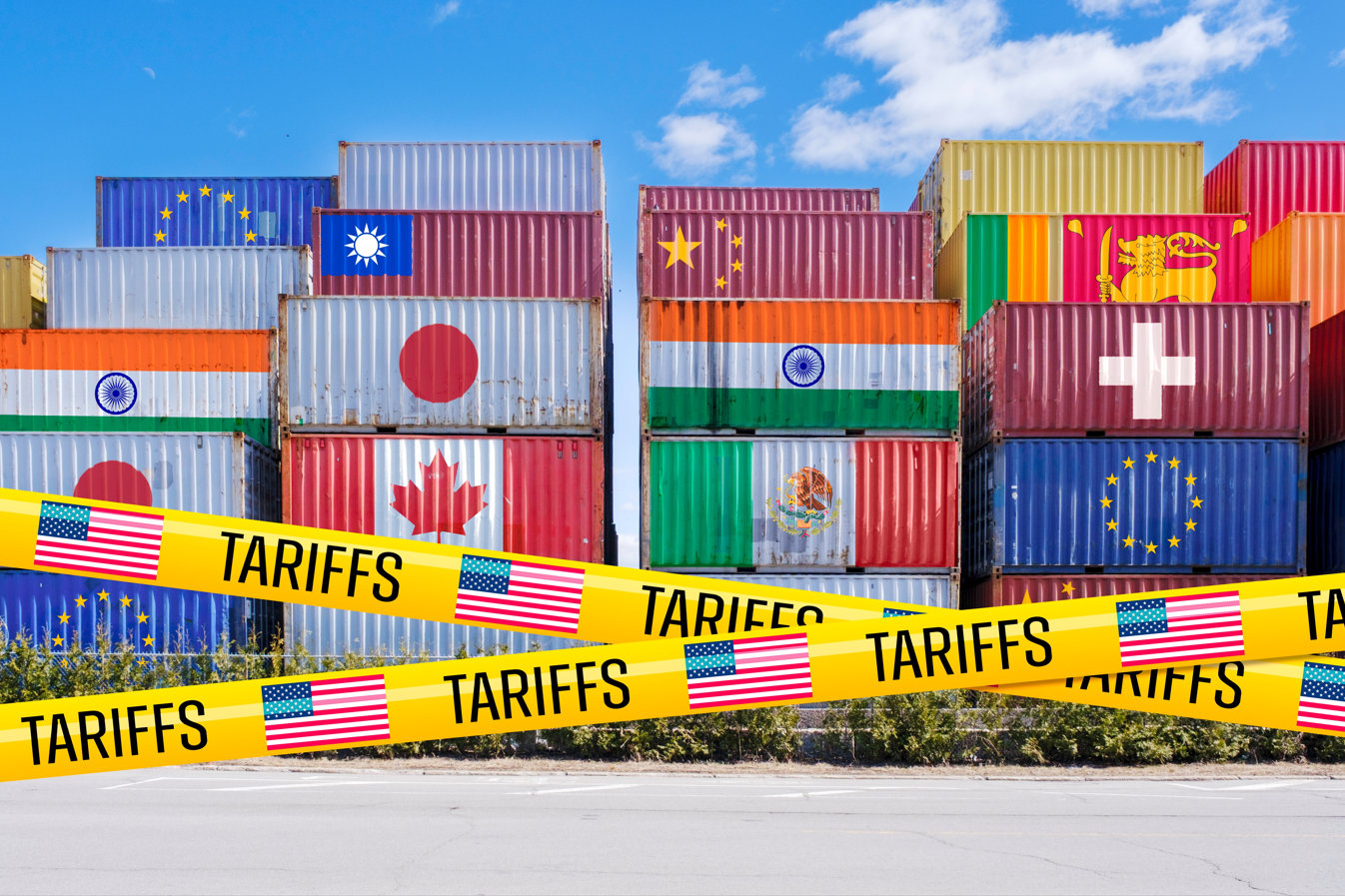
Zhou Xiaoming, Former Deputy Permanent Representative of China’s Mission to the UN Office in Geneva
Aug 12, 2025
Prohibitive penalties on the poorest countries threaten to destabilize these fragile economies and deprive tens of millions of poor people of their livelihoods. Trump’s tariffs are not only unjustified, but also immoral. And this is just the tip of the iceberg.
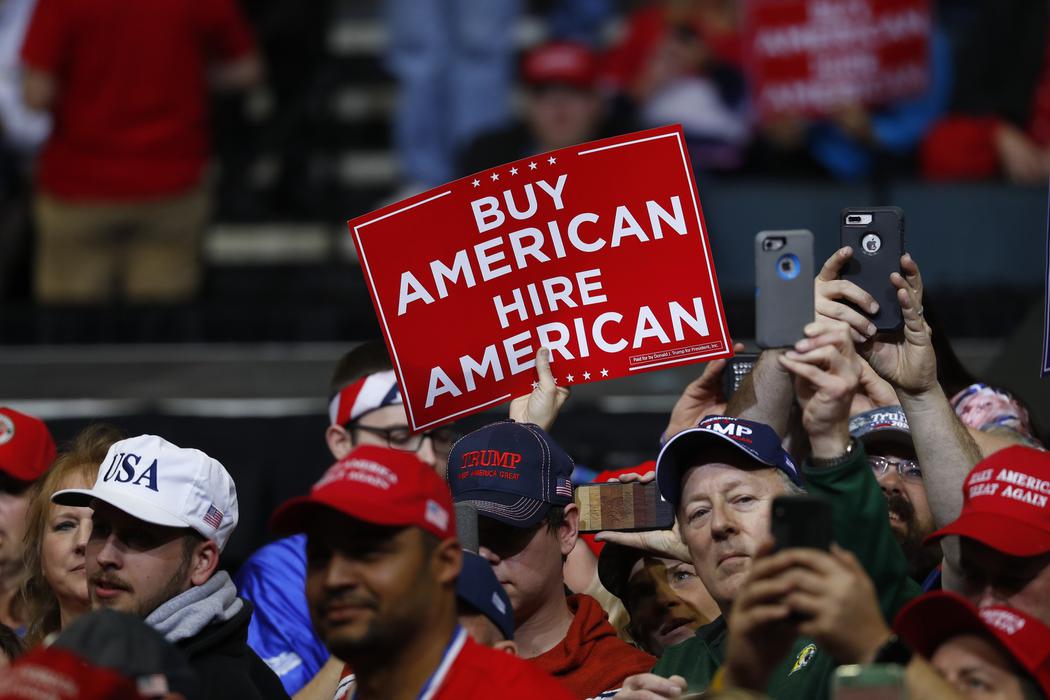
Richard Javad Heydarian, Professorial Chairholder in Geopolitics, Polytechnic University of the Philippines
Aug 08, 2025
The second Trump administration has combined aggressive diplomatic engagement with a confrontational trade policy that alienates allies and risks triggering a global recession, despite legitimate concerns about America’s industrial decline. While Trump's trade agenda aims to restructure global commerce to favor U.S. interests, its unilateral execution and failure to build a coalition undermine its effectiveness and may isolate the U.S. rather than restore its manufacturing strength.

Alicia Garcia Herrero, Chief Economist for Asia Pacific at NATIXIS and Senior Fellow at Bruegel
Aug 04, 2025
The U.S.’ expanded tariffs under the second Trump administration are reshaping global supply chains by imposing steep, targeted duties and pressuring Asian economies to invest in American production. As manufacturing shifts away from China and its neighbors, countries like Mexico may benefit, while India risks being left behind.
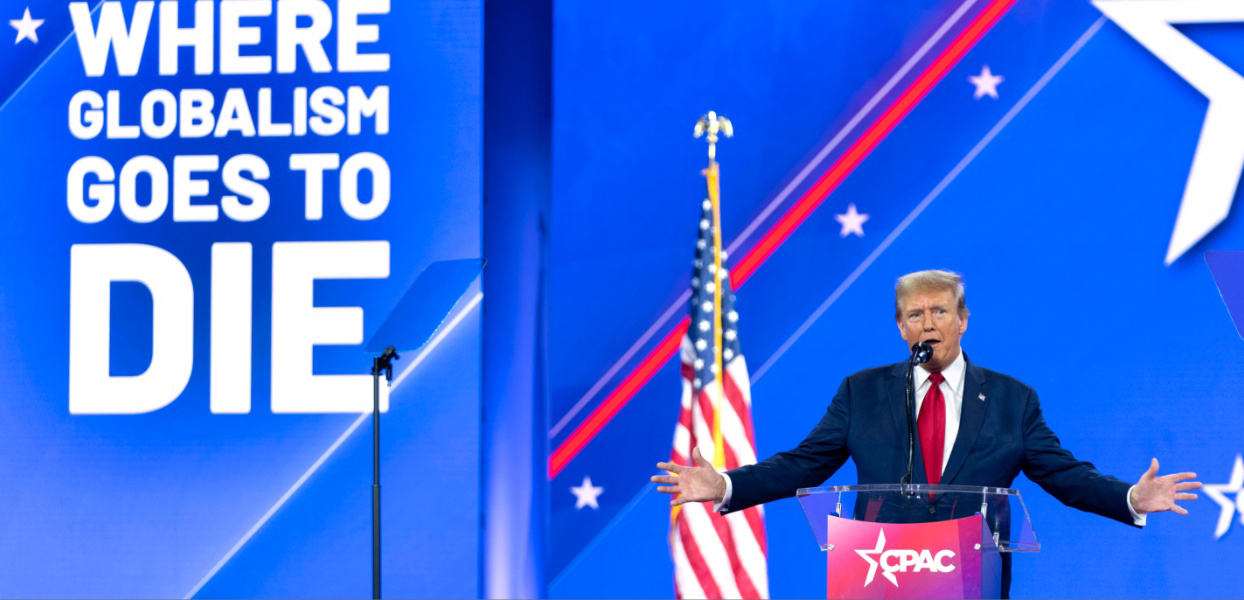
Li Yan, Director of President's Office, China Institutes of Contemporary International Relations
Aug 01, 2025
The U.S. president’s policies have fueled deglobalization and disrupted the existing international order, but they have also pushed countries around the world to explore new models of cooperation and foster new approaches to trade.
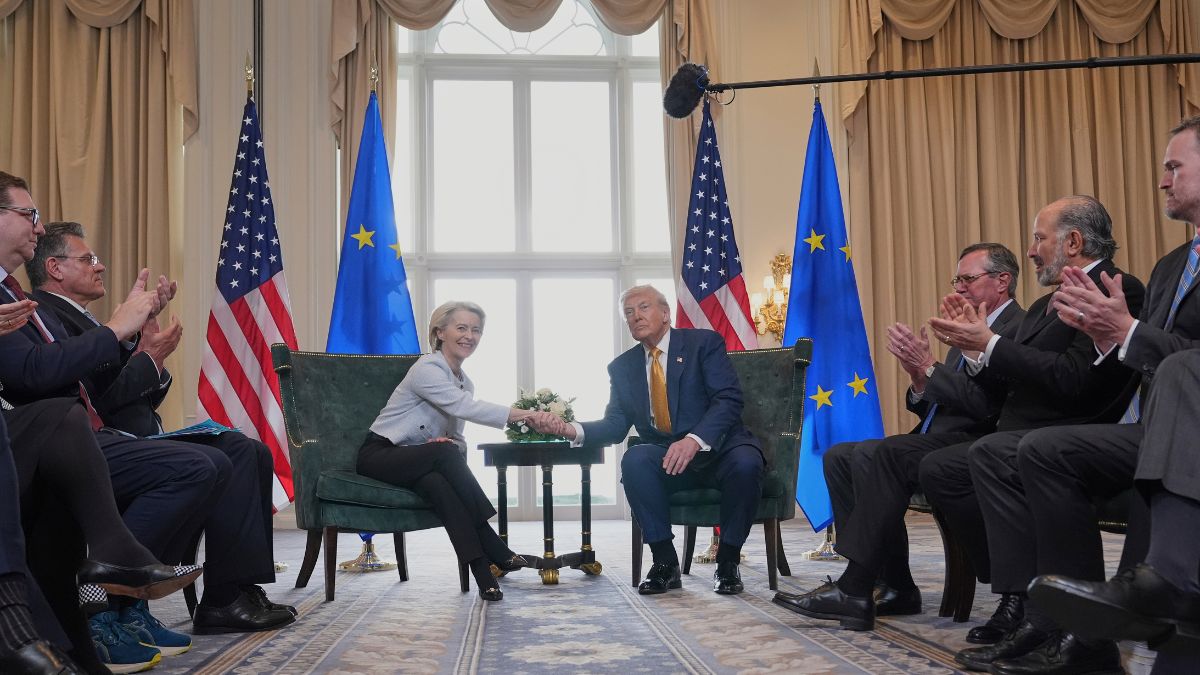
Zhang Monan, Deputy Director of Institute of American and European Studies, CCIEE
Jul 30, 2025
The EU and U.S. have agreed to a tactical cease-fire, not a strategic settlement. As long as Europe pursues strategic autonomy and Washington replaces rules-based multilateralism with transactional deals, fresh disputes are inevitable.
Earl Carr, Founder and Chief Executive Officer at CJPA Global Advisors
Jonah Kim, Analyst
Jul 29, 2025
Since the U.S.-China trade war began in April, Chinese companies have faced high tariffs and economic uncertainty, prompting them to reshore production to the U.S., shift manufacturing to developing countries, and diversify into other markets. Despite higher costs and regulatory challenges, they are balancing supply chain stability with expansion in Latin America, Southeast Asia, and Europe to maintain their low-cost business models.
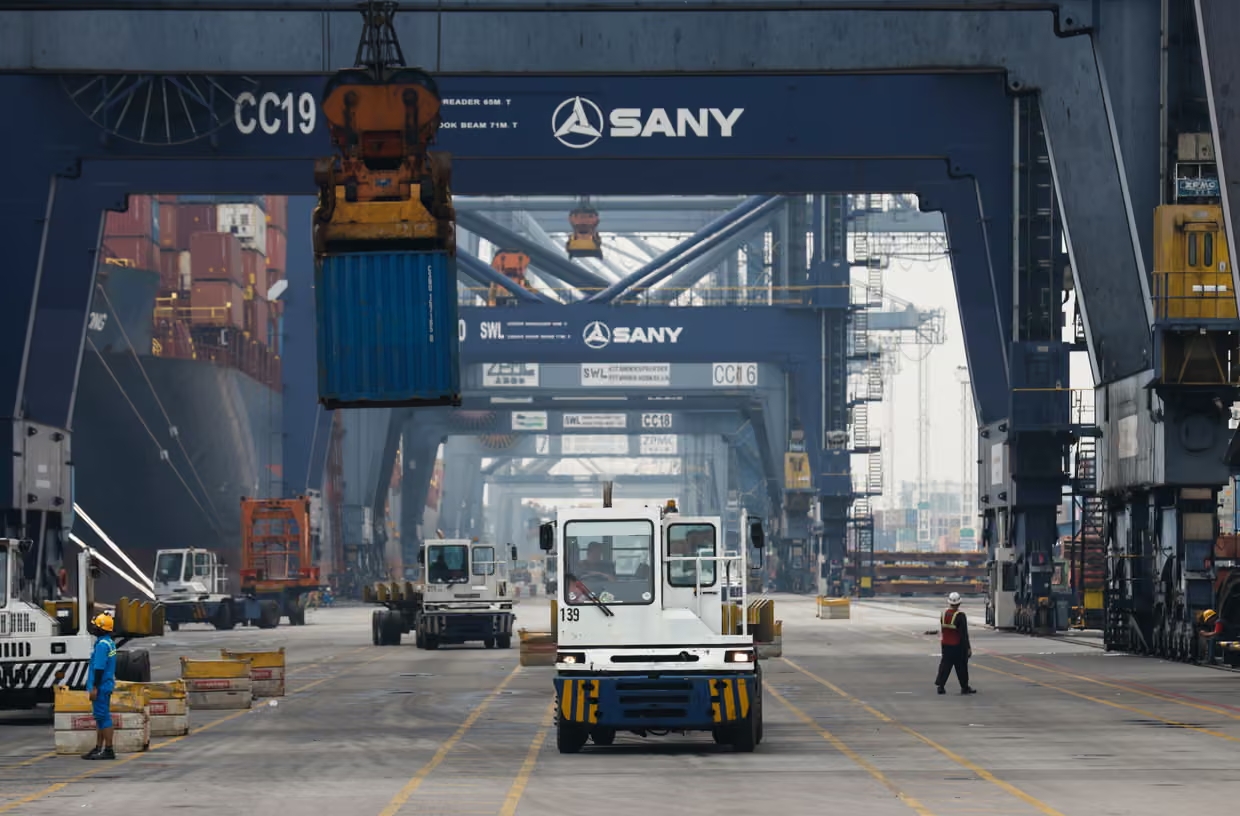
Lili Yan Ing, Secretary General of the International Economic Association, Lead Adviser at Economic Research Institute for ASEAN and East Asia
Jul 28, 2025
Be careful what you wish for, lest it come true. That ancient proverb comes to mind when considering the eagerness of America’s trade partners around the world to negotiate deals with US President Donald Trump’s administration. Four countries already have, with Indonesia the latest to do so – and possibly the first to regret it.

Sujit Kumar Datta, Former Chairman of Department of International Relations, University of Chittagong, Bangladesh
Jul 28, 2025
The intent of the United States was to coerce China into making concessions. But this didn’t work. China was only inspired to reach out to other trading partners and become more independent through home-grown technological development.
Back to Top

- China-US Focus builds trust and understanding between the U.S. and China through open dialogue among thought leaders.
- Our Offerings
- Topics
- Videos
- Podcasts
- Columnists
- Research Reports
- Focus Digest
- Stay Connected
-
Thanks for signing up!
- Get the latest stories from China-US Focus weekly.